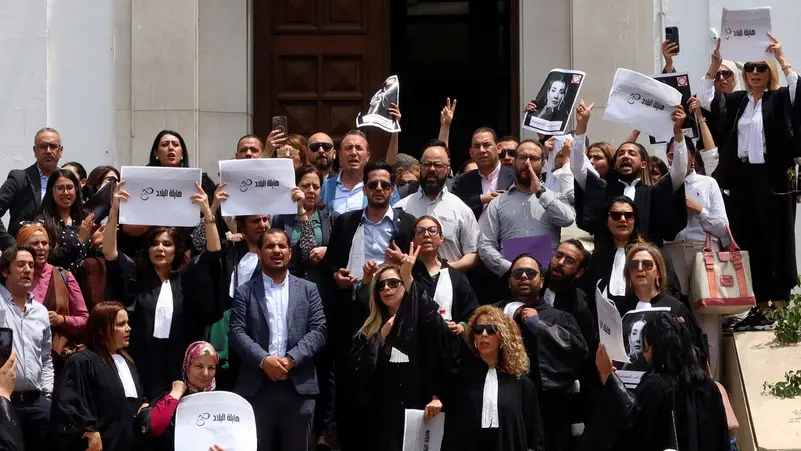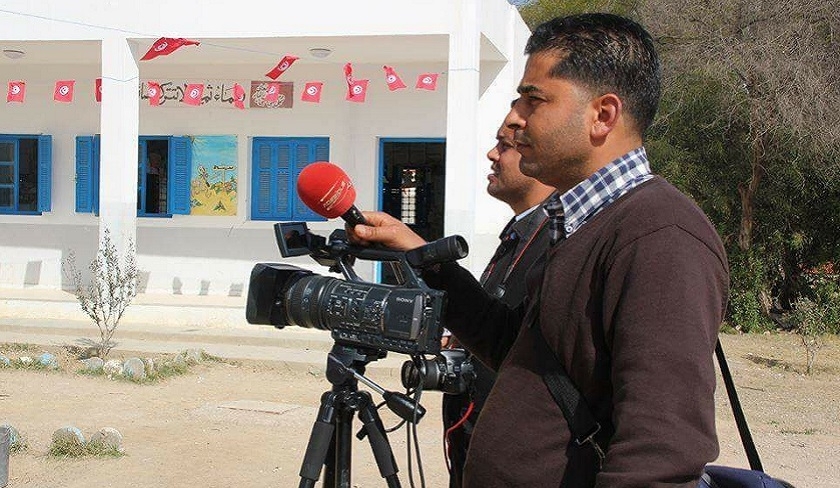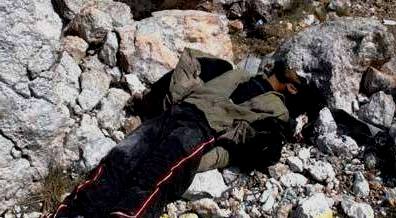On Wednesday September 11, Tunisian lawyer and columnist Sonia Dahmani was sentenced to eight months in prison on appeal for her critical remarks about President Kais Saied. Her lawyers denounced the verdict as “judicial harassment.”
Dahmani, known for her outspoken views, was arrested on live television on May 11 by masked police officers at the Tunis Bar Association headquarters, where she had sought refuge. Initially sentenced to one year in prison, her sentence was reduced to eight months on appeal. French lawyer Pierre-François Feltesse, who is part of her legal team, reported that they were unable to present arguments for her release and that the hearing, which had been suspended the previous day, concluded with the new verdict late in the evening. Feltesse announced plans to refer the case to the UN Working Group on Arbitrary Detention.
Dahmani’s defense committee criticized the “months of judicial harassment” she has faced, alleging daily violations of her fundamental rights. They highlighted incidents such as a “degrading and humiliating body search” during an August 20 hearing and the imposition of a “long white veil” for women prosecuted on moral charges, despite no legal basis for such a requirement.
Dahmani was convicted under Presidential Decree 54, which targets the “dissemination of false news” and has been criticized by rights activists for its broad interpretation. Since its enactment, over 60 journalists, lawyers, and opposition figures have faced prosecution or conviction under this decree, according to the National Union of Tunisian Journalists.
The charges against Dahmani stem from comments she made on television in May, where she sarcastically questioned the notion of sub-Saharan migrants wanting to permanently settle in Tunisia amid its economic crisis. This followed President Saied’s February 2023 speech condemning “hordes of illegal sub-Saharan migrants” and alleging a “plot” to alter Tunisia’s demographic composition, which incited a violent anti-migrant backlash.
Since his election in 2019, President Saied has been accused of authoritarianism following a controversial power grab in July 2021.



